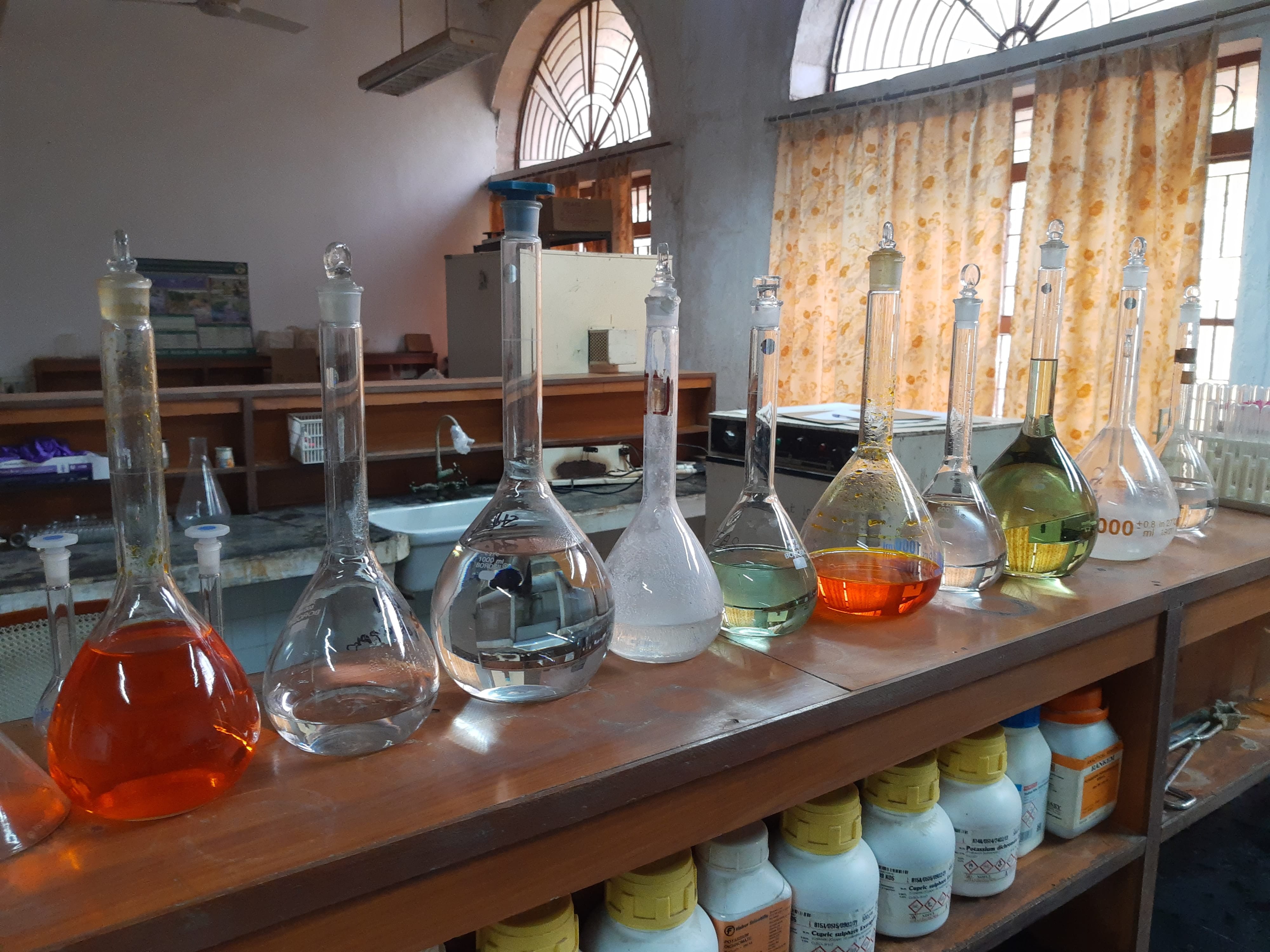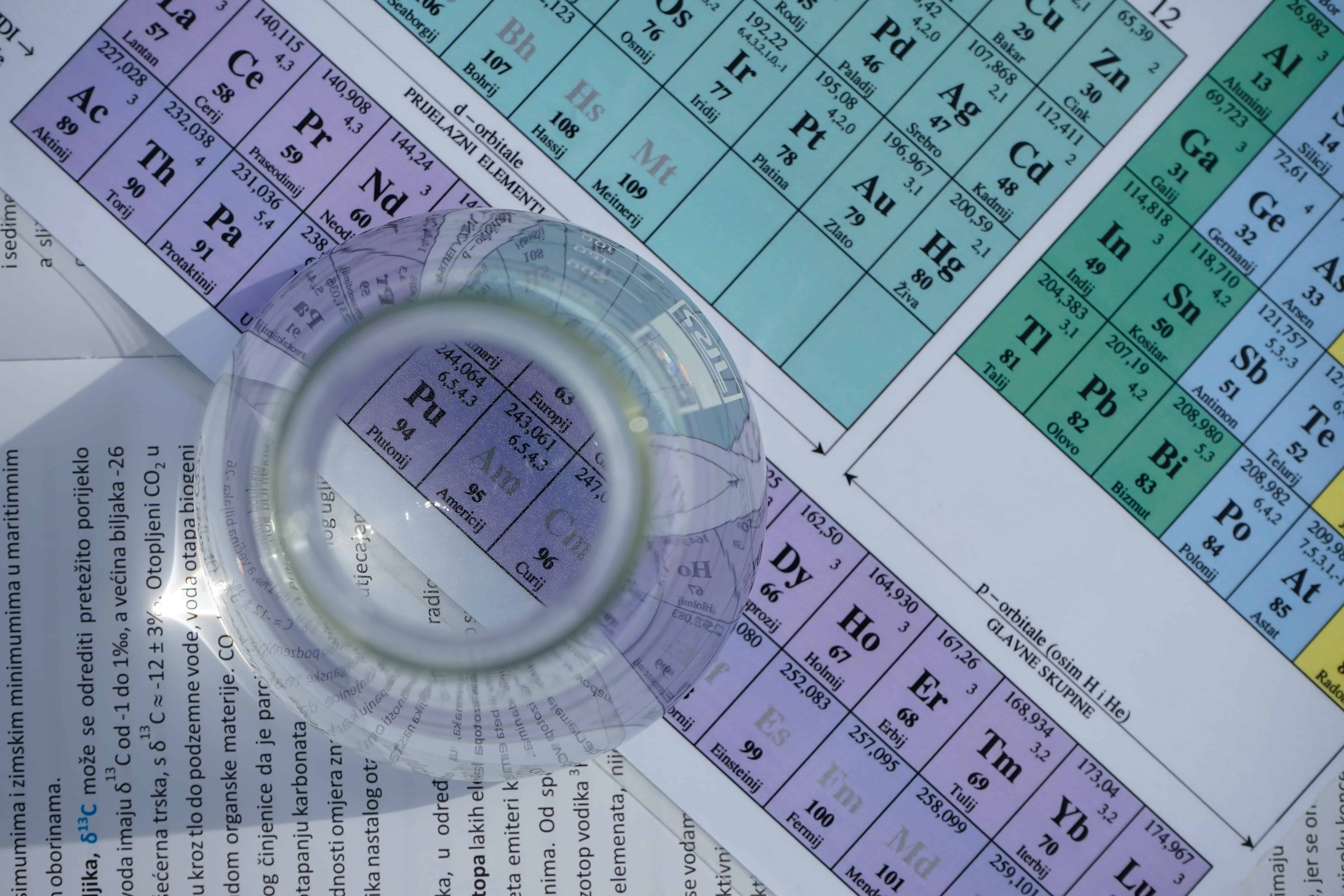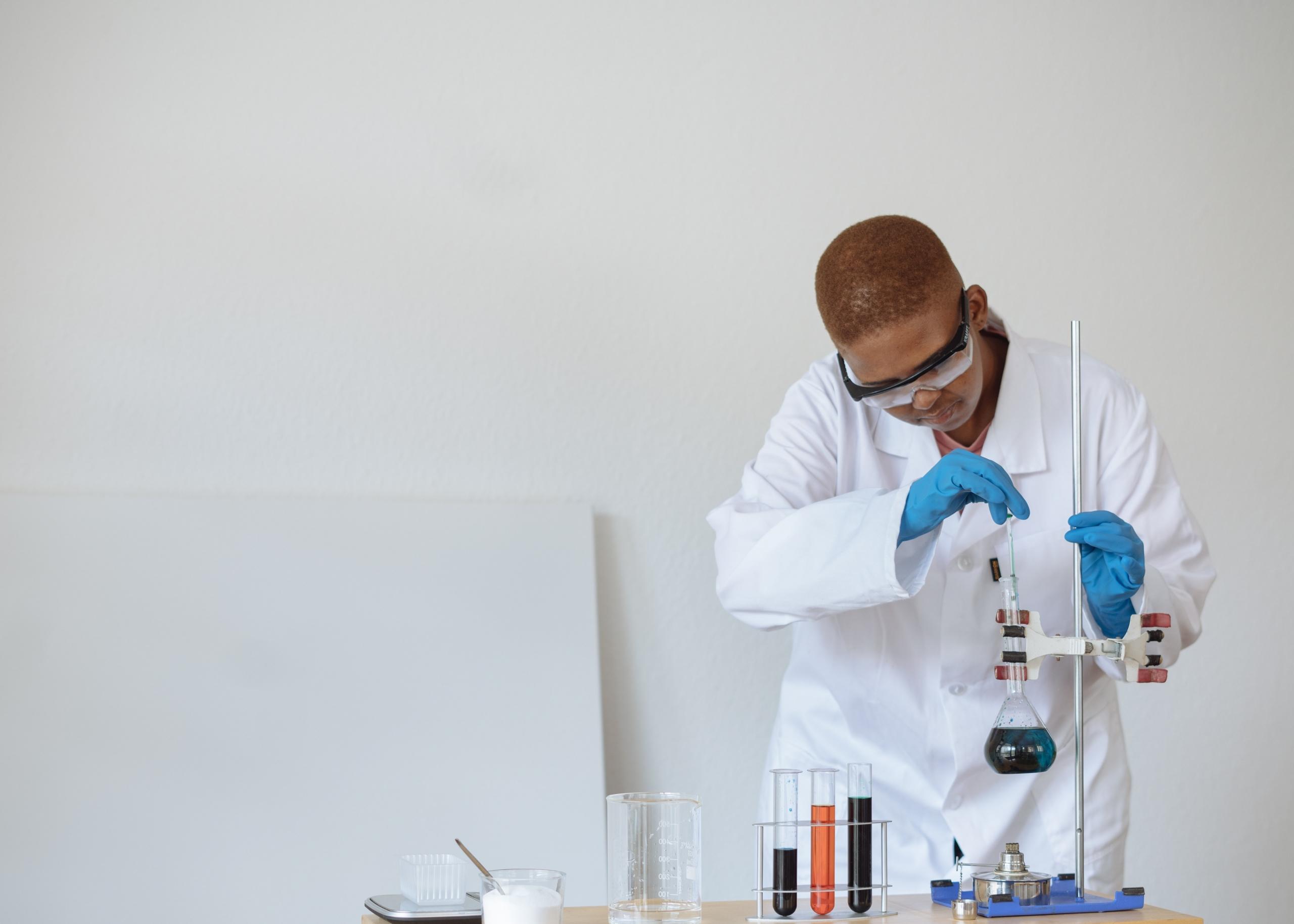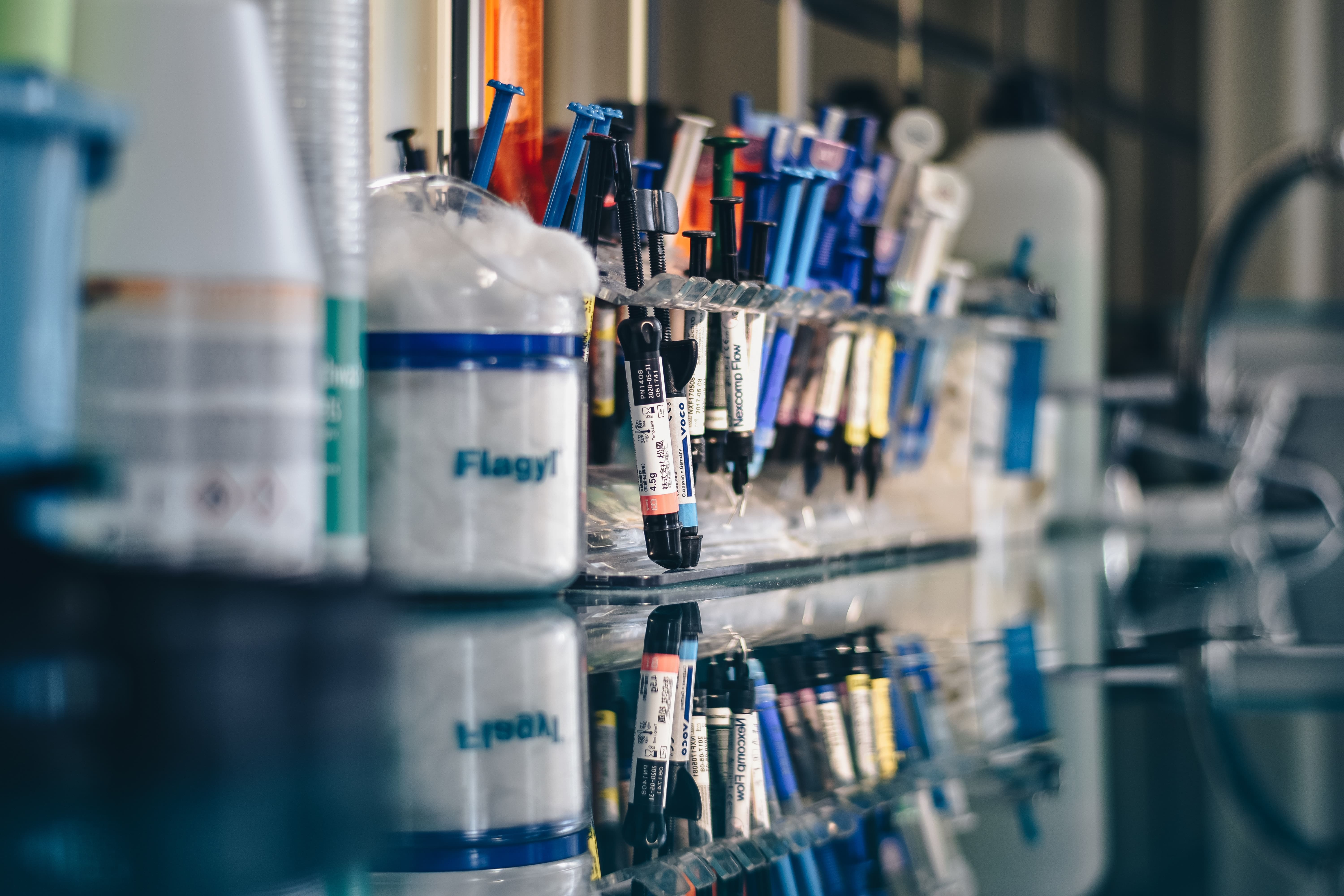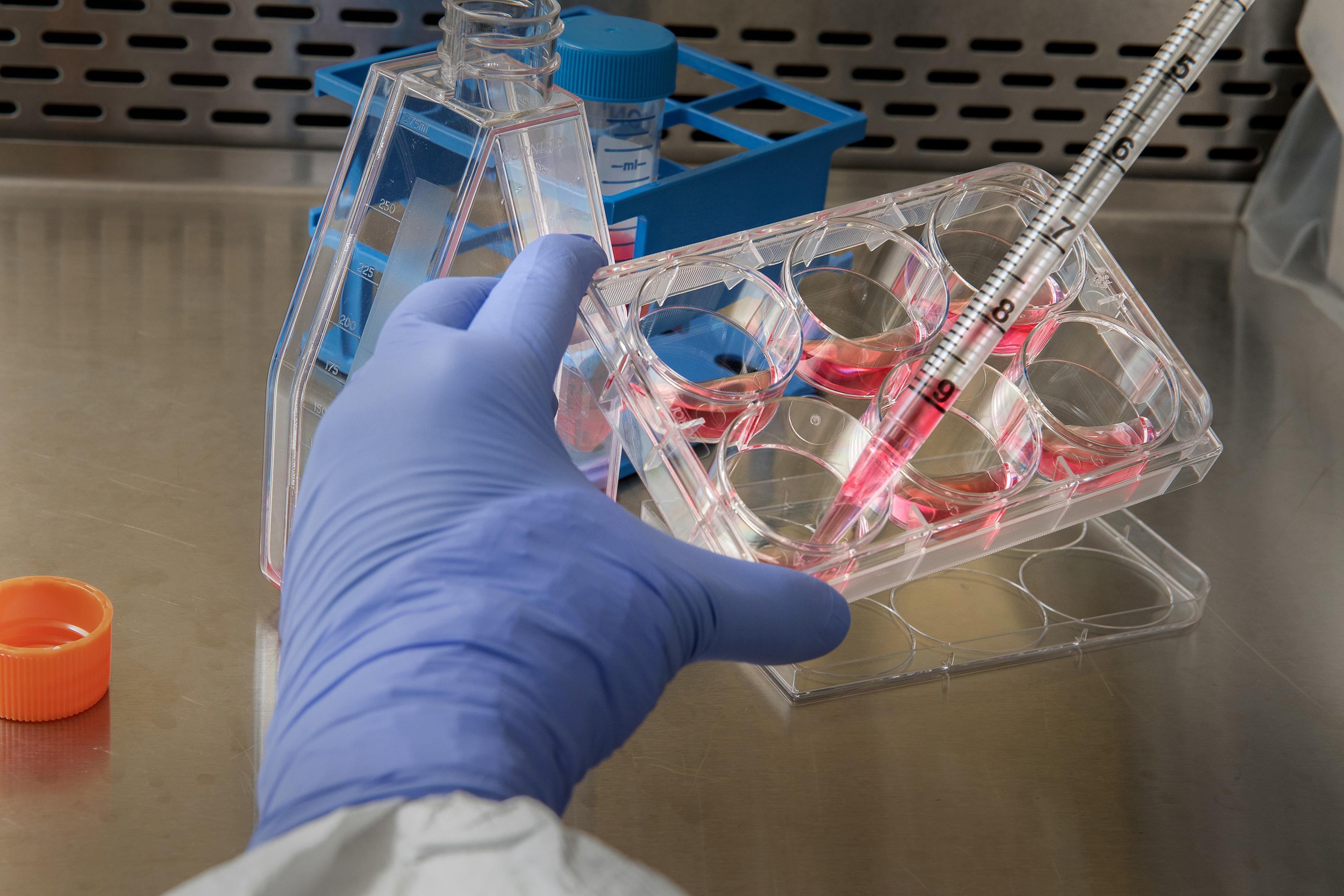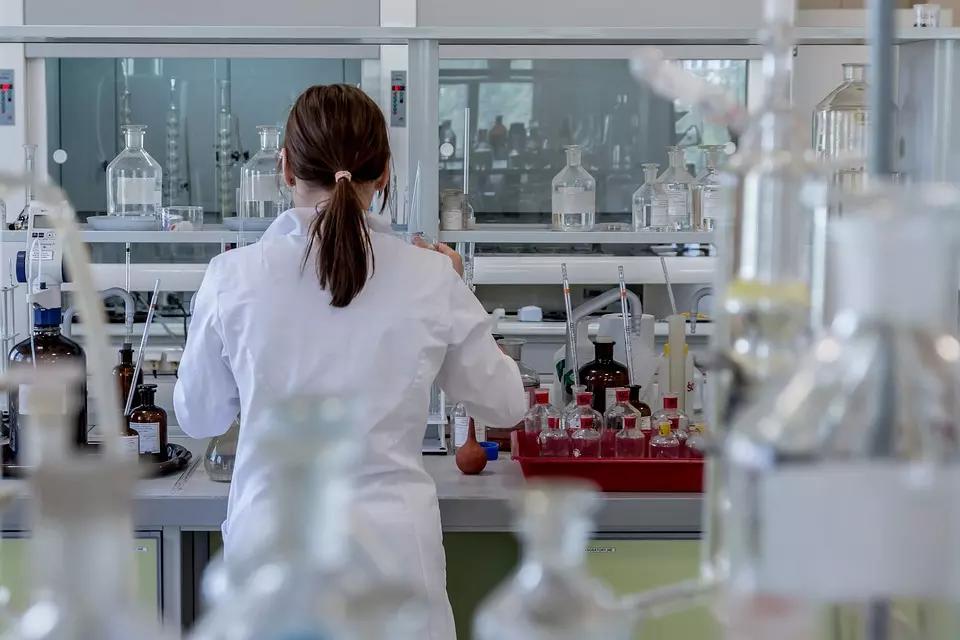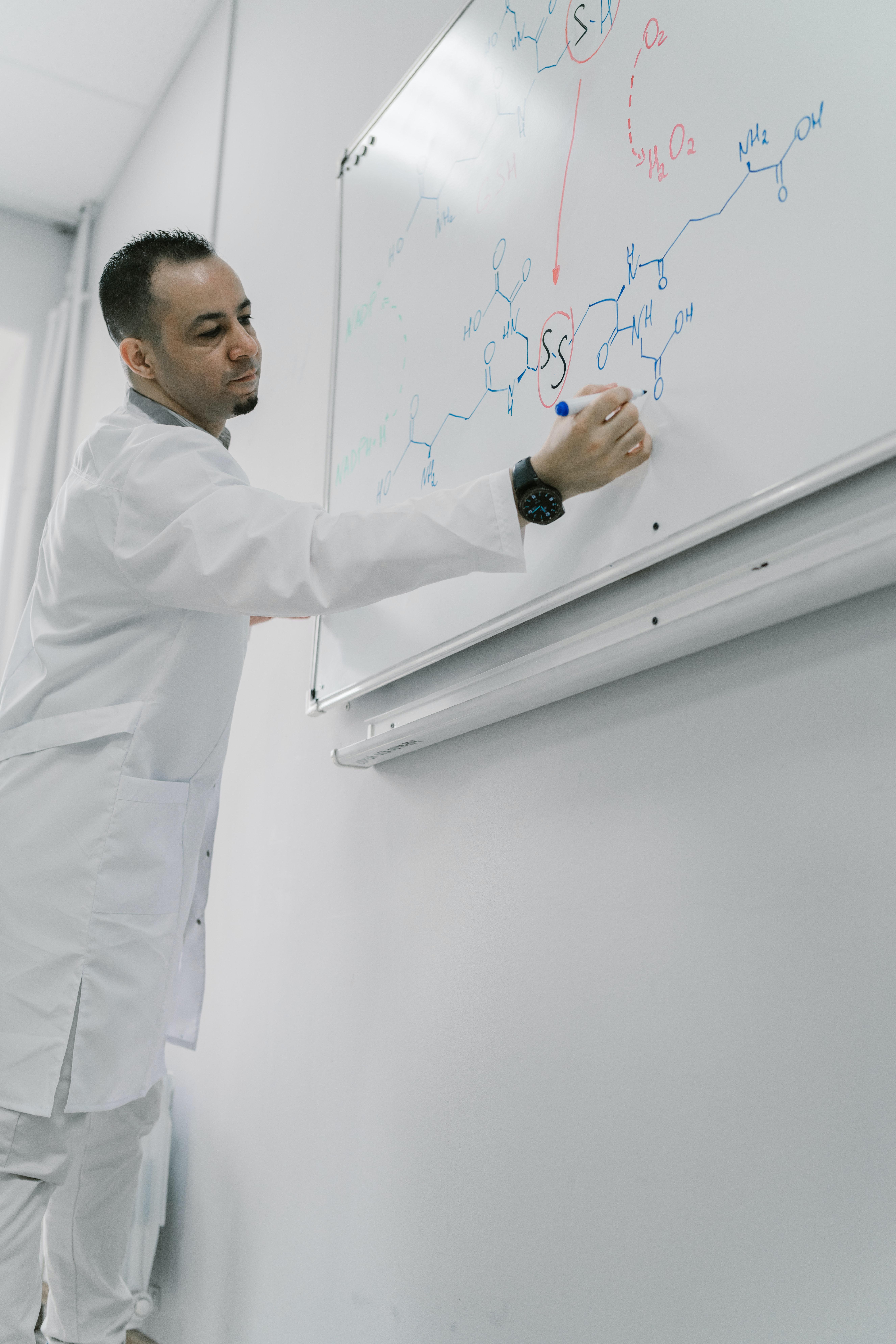Secondary students already have plenty on their plate when it comes to school. This is perhaps no truer in grade 11 and 12, the final two years of high school, where major decisions must be made for postsecondary education and careers.
Of course, university or college applications may not even be the first thing on your mind in secondary school with so many other things to distract you. Teens have some of the busiest and hectic social lives, part time jobs, new relationships, peer pressure, and all the other issues that arise when living in a world saturated by social media. There may also be sports teams, clubs, and extracurricular activities happening. Many young adults will also have intense family responsibilities, whether it is supporting younger siblings or working to help pay for living expenses.
Whatever stressors you or your child may be experiencing as a teen, it is important to prioritize the future to ensure that the best career and education options are available. This can be done by ensuring you have chosen the right senior level courses, especially if you are thinking of pursuing a career or program in a science related area. Thoughtful, strategic course selection is essential if you don’t want to have to do course upgrades or miss out on program opportunities. You will also want to plan out when you take certain courses to ensure you have a realistic course load that enables you to focus on the courses that matter most. Finally, you will want to plan your learning in such a way that it aligns with the many other activities happening in your life.
If you think balancing school with teen life sounds impossible, you can relax in knowing that it’s all been done before. In fact, with a little pre-planning, research, organization, elbow grease, and a willingness to live with some stress, you should be able to get through this very busy time of your life with flying colours. Before you get too stressed out thinking about your senior years in secondary school, always keep in mind that there are always alternative pathways you can take to reach the same goal.
Wondering what to expect in your grade 11 and 12 chemistry courses? Find out what topics you can expect to study in your senior years of secondary school.

Are you or your child thinking about which courses you should take in secondary school to get into a science related program? If so, you have come to the right place. This article will focus on the steps you should take to pick the right courses in grade 11 and 12. We will then take a closer look at chemistry courses in secondary school and the different pathways you may choose to take in postsecondary school.

How do I Pick the Right Courses for Grade 11 and 12?
As we have mentioned, choosing the right courses in the senior years of high school is important because those courses will have a direct impact on your post secondary pathway. Why? Many programs, especially in university, will require you to have specific courses in your transcript in order to apply successfully to a program.
The reason universities want applicants to have certain courses is to ensure that they have the right background knowledge to be successful in university level classes. Some programs, especially those in Science and Engineering, will have more prerequisite courses than others because there is so much subject specific knowledge and vocabulary. Furthermore, you will be expected to have achieved a certain grade point average to apply for these programs successfully: entry is often competitive, so you will need to have the best grades you can.
So how do you find out which secondary school credits you will need?
Think About Long Term Goals
Start by thinking about your long-term goals: which careers do you see yourself in? What degrees, programs, or certificates are required? For example, you will need to complete multiple degrees to be a doctor, or one degree plus a professional qualification to become an engineer. If you want to become a pharmacist, you will need an undergraduate degree and a postgraduate pharmacy degree. Many careers, whether they are in business, healthcare, education, or government may require multiple degrees or a mix of degrees and certificates to get started.
Once you have identified some potential career pathways and what it takes to achieve different professional goals, you can start looking at what your next step will be. For most students in the sciences, the first step is an undergraduate degree in an area like chemistry, biology, or both.
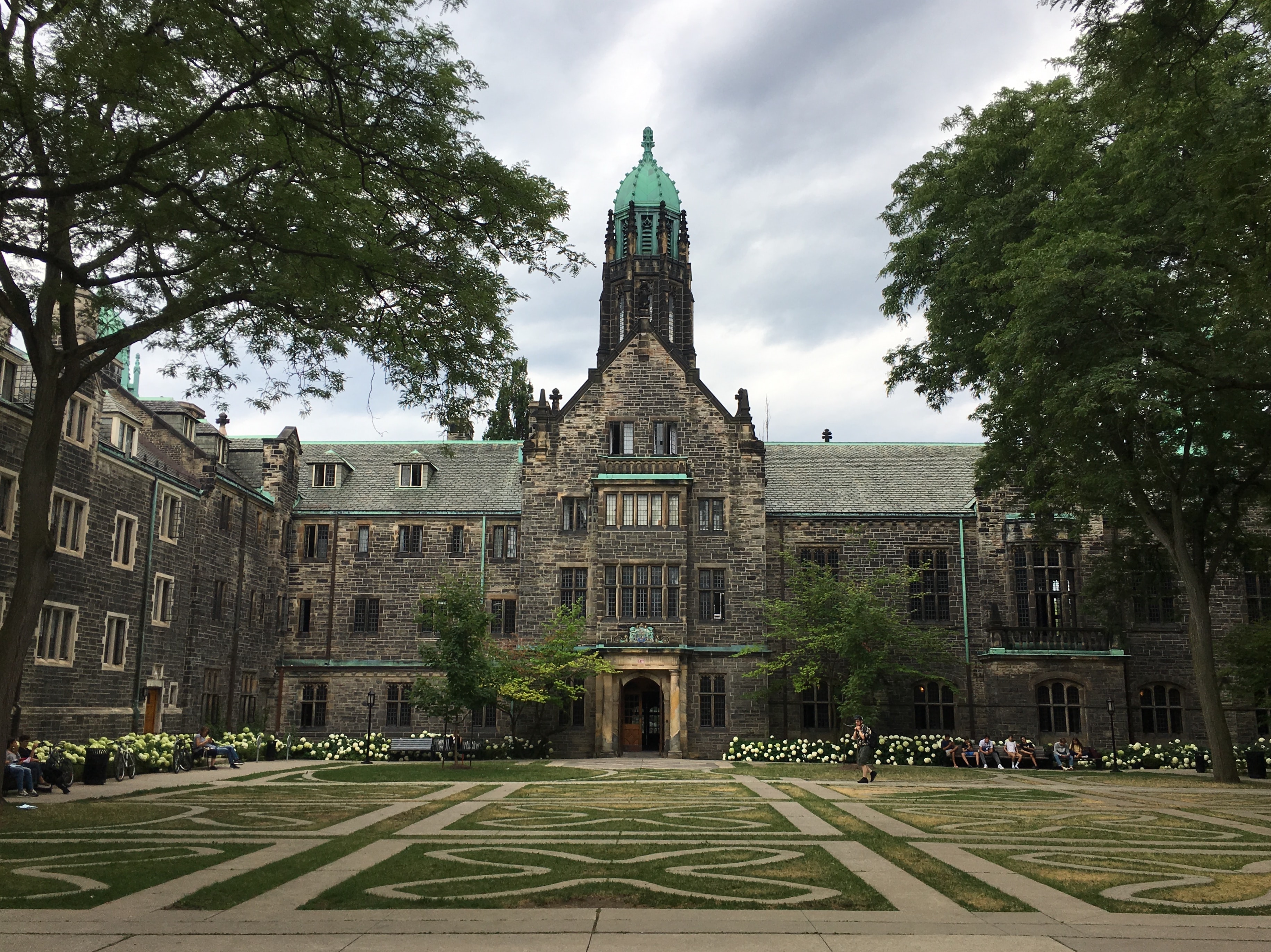
Research Schools
Once you have identified which degree or certificate you will need next, do your research and learn about programs in schools you can attend. Where you attend will depend on many things: budget - can you afford to live away from home or will a commute be more ideal? Do you want to stay in your current province, or move to another one? Another country?
You will want to research programs at multiple schools, and apply to different schools so you have options in case one school declines your application. Find out which courses they require, and if they are outside of your province, what the equivalent credits are. You’ll also want to know what other criteria they are looking at, be it extracurriculars or athletics. If possible, visit the schools you are thinking of applying to and speak to the different program advisors there. Speak to relatives or friends that are attending the universities you are interested in, or get perspectives from other students online.
Talk to Your Teachers and Guidance Counselors
You might also want to seek the advice of your school’s guidance counselor, who should be able to give you some insights on which courses you should take and what the best way it will be to organize your timetable. If you're thinking about everything in advance, then you may even want to consider taking some courses over the summer so you can lighten your course load when you are taking the more important prerequisite courses.
Your teachers and guidance staff will also be able to advise you on what kinds of study habits and skills you should work on to be successful. Your teachers see you every day and look at your writing regularly, so they may provide some important insights that can help you in your classes.
Are you thinking about taking grade 12 chemistry? Wondering whether you should take the online or in-person option? Get all of your chemistry questions answered here.
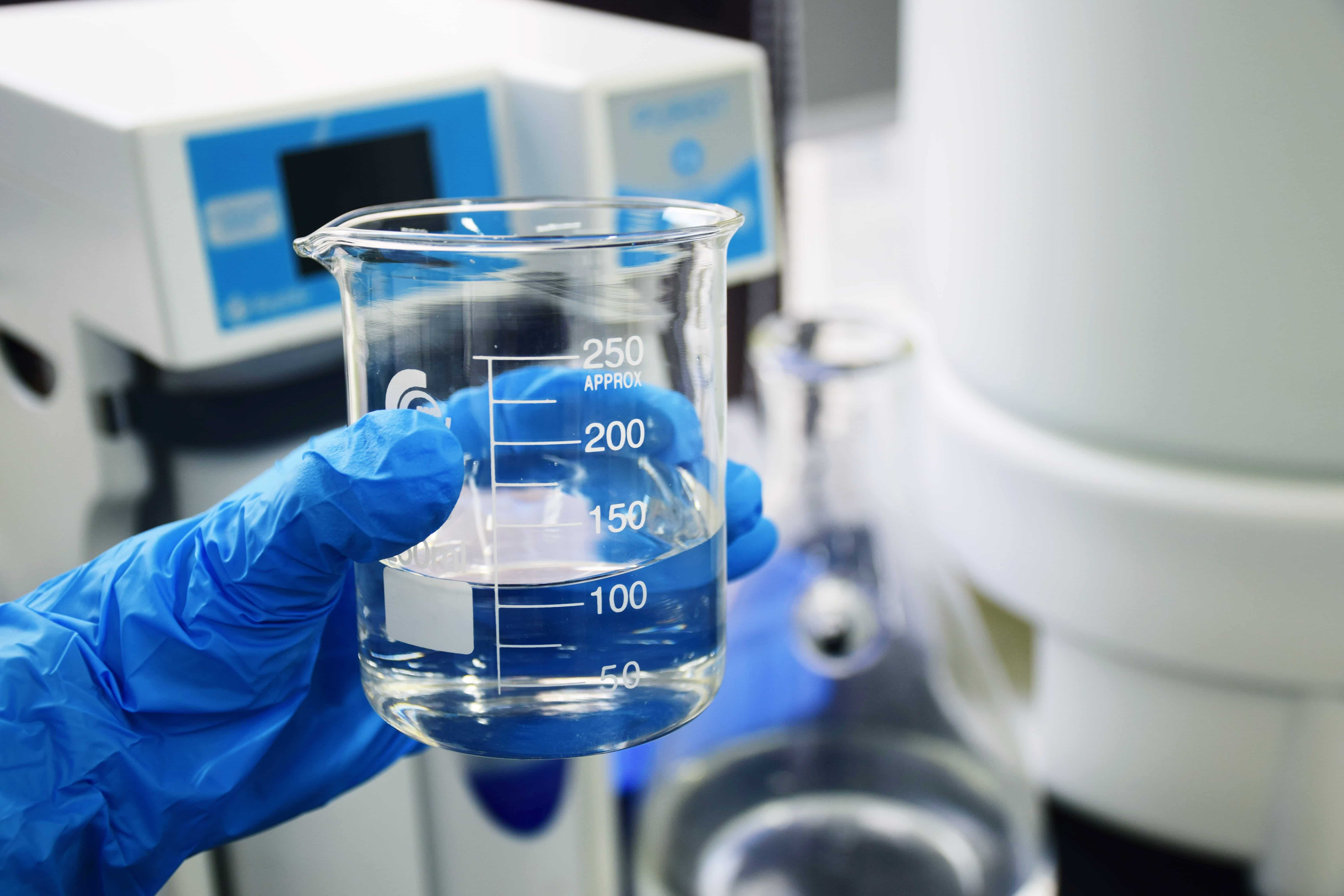
What is Chemistry?
Chemistry is an area of the sciences that might be considered as ‘in-between’ physics and biology. In a chemistry class, you will learn all about matter and how it behaves and changes. When students study chemistry in secondary school, they learn the fundamentals of fluids and solids. They may work with solutions, mechanical mixtures, gases, solids and more.
There are different branches of chemistry: analytical chemistry, organic chemistry, biochemistry, and physical chemistry, to name a few.
Chemistry is important, and applications of chemistry play an important role in our everyday lives. At a very basic level, we use chemistry to cook food and rely on our knowledge of how different ingredients react to heat and to each other to make each meal of the day. When a tomato sauce is too tart, for example, we may add sugar or other ingredients like baking soda to neutralize the acidity.
The greatest, life-enhancing medicines are made by chemists, so if you love learning chemistry you will be following in the footsteps of some of the greatest thinkers. We can thank chemists for discovering insulin, aspirin, and even today’s critical mRNA vaccines. Motor oil, make-up, moisturizers, and beer are all the fine works of chemists who use their knowledge to make our world a better place.
Basic Chemistry is Learned From a Young Age
While chemistry isn’t studied as a specific subject in most provinces until the latter years of high school, kids start learning chemistry at a very young age. Sandboxes are huge mechanical mixtures that kids can scoop and examine; a slime-making activity in school is essentially an exercise in watching different substances react to one another. In the intermediate grades, it’s typical for kids to engage in some basic chemistry experiments by creating simple solutions and mixtures, either in a lab or through kitchen activities. By the time kids reach high school, they will have had plenty of opportunities to develop a love for chemistry!
Studying chemistry at a basic level in grades 9 and 10 in general science courses can be important for students as it will enable them to determine whether or not they want to explore the subject in more detail. At this age, students start to get insight into how chemistry can be connected to their future careers and academic pathways, so they can make the right course choices in grades 11 and 12.
You might be surprised to learn how many topics you will cover in grade 12 or AP Chemistry courses - make sure you show up for class prepared!
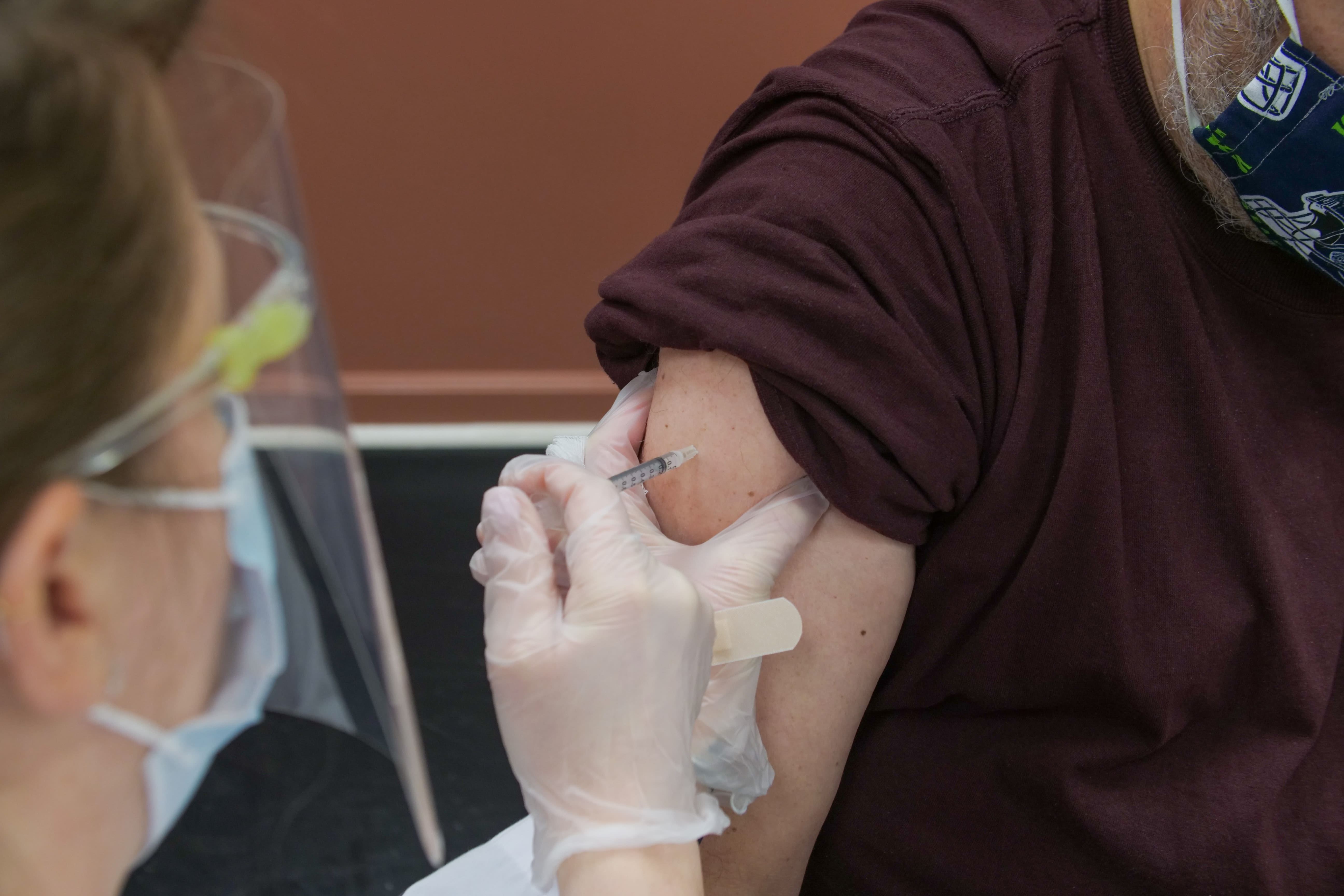

Should I Take General Chemistry or Academic?
While science courses in grades 9 and 10 are typically developed for students of all skill levels and interests, your grade 11 and 12 science courses are typically designated as either applied or academic, or sometimes general and academic.
What is the difference between an applied and an academic course? Academic courses are developed for students who plan to continue studying the topic at the university level. They tend to focus on theoretical and abstract elements of a subject, and will enable skill development in research and academic writing skills. Many universities will make certain academic courses prerequisite for their applicants, so in many cases students will have to take these courses to get into the programs they want.
General or applied courses are geared toward students who are looking to learn a subject at a fundamental, hands-on level. These courses are geared toward showing the relevance of a subject to everyday life, and may be required for programs in community college. These courses will count as a credit toward your high school diploma. If you need a subject course in an area to fulfill a graduation requirement, but do not require the course to pursue postsecondary programs, an applied or general course is an excellent option.
Is it Worthwhile to take a Basic Chemistry Course?
You may be wondering whether or not it will be worth it to select a basic or applied chemistry course instead of an academic one. It will truly depend on what your long term goals are.
There are many students who enjoy science but may not be particularly interested in making it part of their career or postsecondary program pathway. You may want to pursue a degree in English Literature and Fine Arts, for example, and for many humanities courses academic English is the sole prerequisite. If the idea of taking an academic chemistry course gives you stress, but you enjoy learning science, the basic or applied course might be a perfect one to choose.
Basic chemistry courses will teach you the fundamentals of chemistry in with learning expectations that might fit your needs as a student much better. You will learn some of the same big ideas of an academic chemistry course but engage with topics at a much more practical level. The main areas of study in typical basic chemistry lessons include:
- Matter and Qualitative Analysis
- Organic Chemistry
- Electrochemistry
- Chemistry Calculations
- Chemistry in the Environment

What is AP Chemistry?
In contrast to basic chemistry courses, you will also find AP or Advanced Placement Chemistry courses, which aim to teach you higher level science knowledge and skills in a much more rigorous environment.
AP chemistry was developed by the College Board, and is a course created for Canadian and American students to gain a college or undergraduate level credit. In fact, there is an entire AP curriculum, and many students will take these courses to prepare themselves better for the academic demands of an undergraduate program. AP courses are excellent for students who are looking for a greater academic challenge in secondary school, want to polish their transcript, and who want to deepen their knowledge in a subject area.
AP courses are usually offered in your high school where there is demand, and the exam will cost a fee to take. In AP Chemistry, you will learn:
- How to design experiments and procedures to test a prediction or a theory.
- How to create graphs, diagrams, and models to represent chemical phenomena.
- Explain how the microscopic structure of a substance determines its chemical properties.
- How to balance a chemical equation.
- How to make a scientific claim and support it with evidence.
Beyond academic, applied and AP chemistry you will also find plenty of other science related courses. Some courses include:
- Biology
- Earth and Space Science
- Environmental Science
- Physics
- General Science
Are Online Chemistry Courses Easy to Find?
Online chemistry courses have become an increasingly popular option, particularly in light of the COVID-19 pandemic. Virtual learning has become more popular than ever, with many students realizing they prefer the convenience of learning from the comfort of home and without a lengthy commute to school. Online courses are also excellent for those students that have a busy work schedule, family responsibilities, and other priorities that make time even more valuable.
Online courses may be synchronous, asynchronous, or a mix of both. In many cases, they will include a live portion where you will attend class using a platform like Microsoft Teams or Zoom. Much of the work is done on your own time or may even be self-paced, with the expectation that you will submit assignments on time and take an exam at the end of the course.
Taking chemistry online has its advantages and disadvantages. Online, you simply will not get the full experience of working in a lab and having access to all the lab tools to complete experiments. If you enjoy meeting new people and collaborating in groups, you may not get as rich of an experience as you would taking an in-person class.
However, the quality of online instruction can still be quite high and you will get the credits you need to graduate and apply to programs. Online chemistry courses may be offered by your local public school board or provincial ministry of education. You can also find online chemistry classes through private credit-granting schools where you must pay a tuition. If you are not looking to earn a credit and simply want to learn for fun, check out EdX and find a free massive open online course.
Chemistry majors and students have some of the most exciting career options waiting for them after postsecondary learning. Read more to learn what your options will be after university.
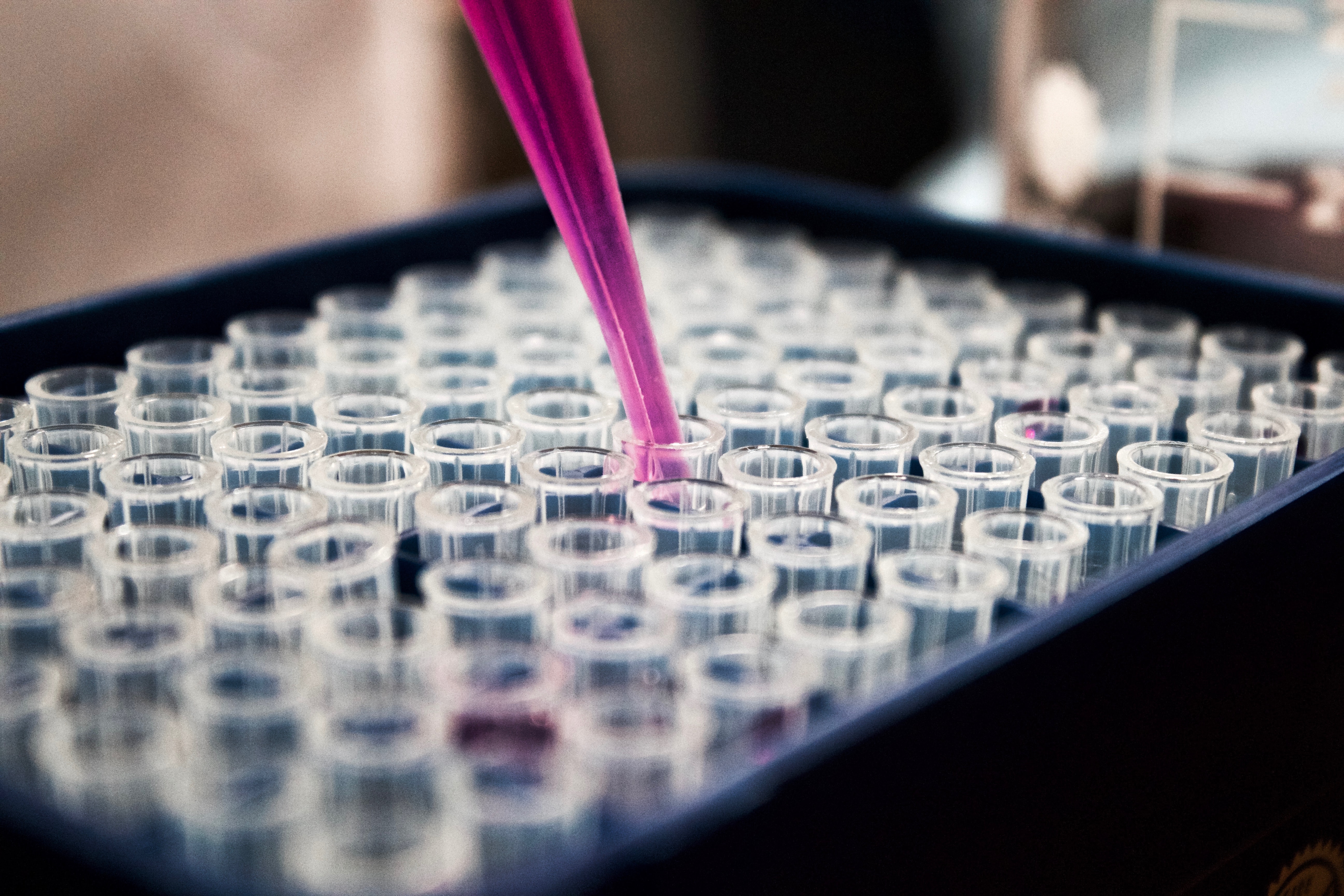
To Whom Can I Ask Chemistry Question?
When you have questions about your chemistry learning, there are a number of ways you can have your queries answered.
The first and most obvious source of information you will probably turn to is the internet. A simple question in a Google search can provide you with some highly researched and expert answers thanks to platforms like Reddit and Quora, or hundreds of other websites. There are so many scientific minds sharing information, and much of it is quite reliable. Of course, you will want to prevent misinformation by checking the answers you find against multiple sources so you can see if you are getting the correct answer.
Another great source of chemistry information can be gleaned from your chemistry teacher. Teachers love sharing their knowledge, so you should never be afraid to ask them a question that is related to the subject you are learning. Generally speaking, information you get from a teacher will be highly credible.
Finally, your classmates are also a great source of information and many will be happy to explain a new concept in chemistry to you if you simply ask. Never forget that you are in a community of learners, and everyone can play a role in sharing information and helping one another.
Should I hire a Chemistry Tutor?
With chemistry courses being so challenging and high stakes, you may be wondering if it is worth it to hire a tutor to help you with your work. We highly recommend hiring a chemistry tutor if you are looking to achieve your best in your courses.
Chemistry tutors are highly knowledgeable in the subject, and in many cases have graduated from the same programs you may be considering applying to. They can help you grasp challenging new areas of learning, help you memorize your periodic table of elements, prepare you for a big exam or test, and give your feedback on your writing assignments and assessments.
If you are struggling in your science courses, tutors can be a lifeline to getting a passing grade or a competitive grade that will enable you to apply to postsecondary programs. They can give you valuable insights on higher learning, and help you develop the skills you need to elevate your learning.
Finding a chemistry tutor couldn’t be easier thanks to sites like Superprof Canada. Superprof is a site that has hundreds of tutors looking to connect with new clients. Each tutor has a unique profile where you can learn their academic backgrounds and the rates they charge. The site is streamlined and easy to use, and contains a search function you can use in an instant to acquire a huge list of potential tutors. You can even find great information and articles that can help you in your learning.
You can message prospective tutors easily on Superprof by using the messaging system on the platform. Simply sign up for an account using an email and you will have quick access. You can even pay your tutors through the site once you have chosen a tutor, which makes transactions safe.
Why struggle in school? Find a chemistry tutor on Superprof today!
Summarize with AI:

